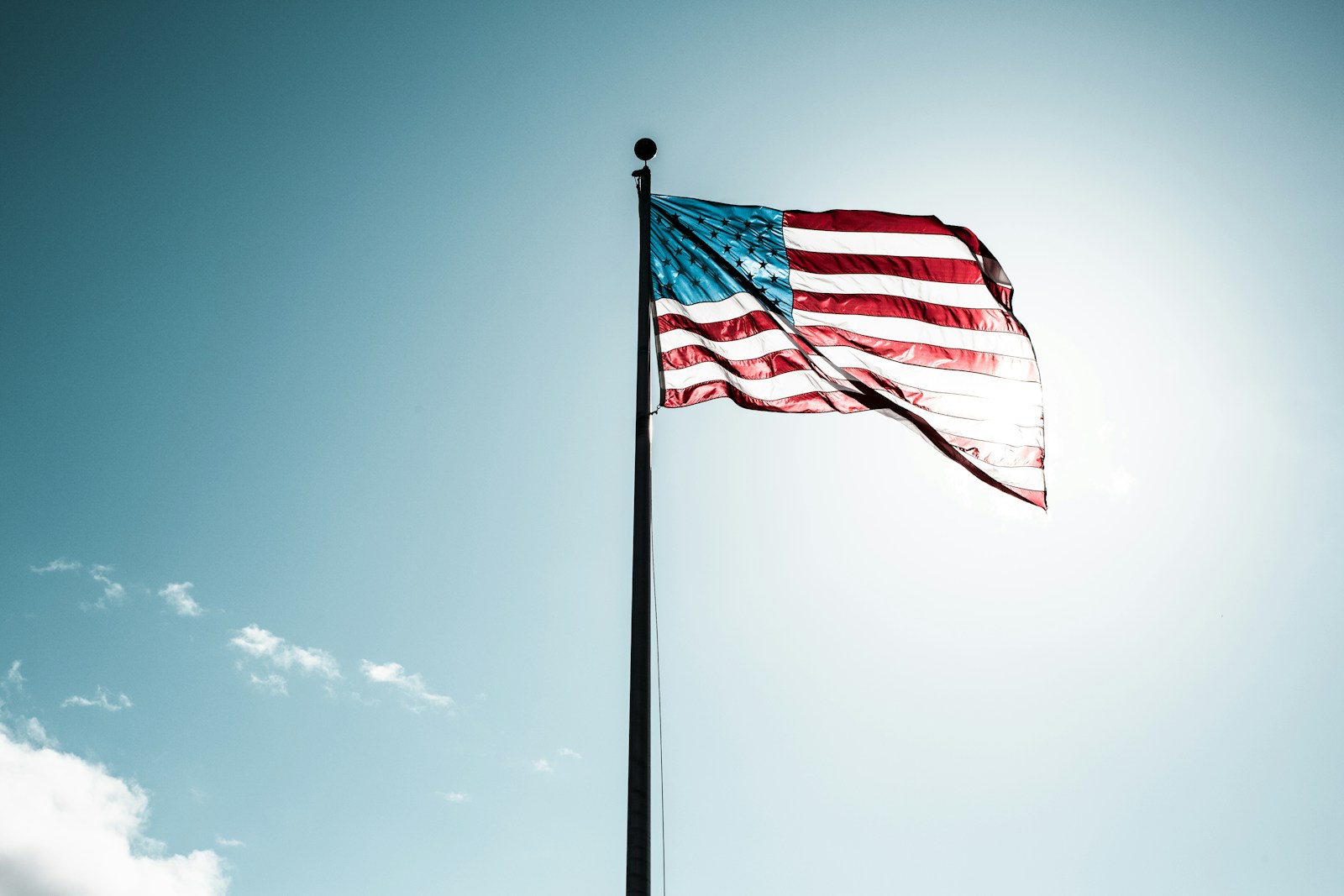Key takeaways
• Hillary Clinton urged the EU to use the Digital Services Act to curb content on Elon Musk’s X platform
• Critics warn this push undermines American free speech and democratic values
• Legal experts call it hypocritical for a U.S. leader to ask Europe to limit speech
• Elon Musk resists, turning this into a transatlantic battle over open discourse
• The outcome could set a global tone for online freedom and censorship
Former Secretary of State Hillary Clinton recently pressed the European Union to enforce the Digital Services Act against Elon Musk’s X platform. She argued that user safety and misinformation control require strict rules. However, many see her move as a threat to free speech. This battle now spans the Atlantic and raises big questions about democracy and online rights.
Why This Fight Matters
Online platforms shape public debate like never before. When powerful figures push for more rules, speech can shrink. Moreover, setting tough standards in Europe could influence countries everywhere. Therefore, defenders of open discourse worry about a new censorship wave. At the same time, critics say big tech needs guardrails to fight hate and lies.
Understanding the Digital Services Act
The Digital Services Act is Europe’s law to regulate online content. It demands that platforms remove illegal or harmful posts quickly. It also forces companies to report how they moderate user content. Because of this law, the EU can fine firms up to six percent of their global revenue. Essentially, it gives European regulators strong tools to police the internet.
Clinton pointed to the Digital Services Act as a model for X’s moderation. She claimed that Musk’s platform failed to tackle hate speech and false claims. Yet opponents say this request conflicted with America’s free speech ideals. They warn that asking Europe to police a U.S. platform sets a dangerous precedent.
Critics Call It Hypocritical
Legal scholar Jonathan Turley labeled Clinton’s move “hypocritical and anti-democratic.” He argued that no U.S. leader should outsource speech control to another government. In his view, free expression is a core American value. Thus, he sees the Digital Services Act push as a betrayal of those ideals. Other experts share his concern, saying this opens doors for global censorship coalitions.
Furthermore, critics point out that Clinton once championed free online speech herself. They stress that promoting the Digital Services Act now shows a double standard. Indeed, they argue that democracy depends on robust and open debate.
Musk’s Resistance and Global Impact
Elon Musk refused to yield to the pressure. He insisted that X remains a platform for open conversation. Moreover, he threatened legal action if the EU tried to force content removal. As a result, a standoff emerged between a former U.S. official and Europe’s toughest internet law.
Meanwhile, other nations watch this conflict closely. Some may adopt similar rules to the Digital Services Act. Others might resist, citing American free speech traditions. Consequently, the fight over X could shape worldwide internet policy.
Transatlantic Tensions Over Censorship
This clash highlights a bigger divide between U.S. and EU approaches. The United States prioritizes broad speech rights. On the other hand, the EU focuses on protecting citizens from harmful content. Hence, the Digital Services Act sits at the heart of a cultural and legal crossroads.
Also, technology firms face new challenges balancing both systems. They must decide whether to follow America’s lenient rules or Europe’s strict regime. In practice, many adopt a single global standard. That choice could tilt toward more censorship, critics warn.
Potential Consequences for Users
For everyday users, this battle could change how they post and read content. A stronger Digital Services Act enforcement might lead to faster content removal. That could reduce hate speech, but also remove valid opinions. Alternatively, weak rules may allow harm to spread online. Therefore, finding the right balance remains key.
Future Outlook
Looking ahead, courts and regulators will weigh in on this dispute. U.S. lawmakers may craft new laws in response. At the same time, the EU could clarify or expand its rules. Meanwhile, tech companies will adjust their policies to stay on good terms. In the end, this fight could redefine the internet’s role in democracy.
FAQs
What is the Digital Services Act and why does it matter?
The Digital Services Act is an EU law that sets rules for online platforms. It aims to protect users from illegal content. It matters because it gives regulators power to enforce removals and fine companies.
Why did Hillary Clinton support using the Digital Services Act?
She believed X needed stricter moderation to curb hate speech and false information. She saw the Digital Services Act as a proven tool for better content control.
How did Elon Musk respond to the push for the Digital Services Act?
Musk refused to let Europe police X. He argued it threatened free speech and hinted at legal challenges.
Could this dispute affect global internet freedom?
Yes. If Europe’s model spreads, other countries might adopt similar laws. That could increase global online censorship.
What are the main concerns about enforcing the Digital Services Act?
Critics worry it could stifle free speech and set a precedent for outsourcing U.S. moderation to foreign regulators. Meanwhile, supporters say it’s essential to protect users from harm.
